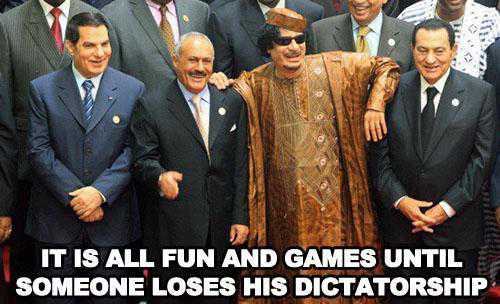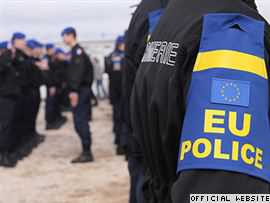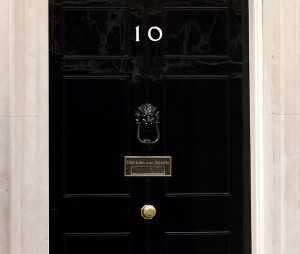 By PAUL KRUGMAN
By PAUL KRUGMAN
The past three years have been a disaster for most Western economies. The United States has mass long-term unemployment for the first time since the 1930s. Meanwhile, Europe’s single currency is coming apart at the seams. How did it all go so wrong?
Well, what I’ve been hearing with growing frequency from members of the policy elite — self-appointed wise men, officials, and pundits in good standing — is the claim that it’s mostly the public’s fault. The idea is that we got into this mess because voters wanted something for nothing, and weak-minded politicians catered to the electorate’s foolishness.
So this seems like a good time to point out that this blame-the-public view isn’t just self-serving, it’s dead wrong.
The fact is that what we’re experiencing right now is a top-down disaster. The policies that got us into this mess weren’t responses to public demand. They were, with few exceptions, policies championed by small groups of influential people — in many cases, the same people now lecturing the rest of us on the need to get serious. And by trying to shift the blame to the general populace, elites are ducking some much-needed reflection on their own catastrophic mistakes.
Let me focus mainly on what happened in the United States, then say a few words about Europe.
These days Americans get constant lectures about the need to reduce the budget deficit. That focus in itself represents distorted priorities, since our immediate concern should be job creation. But suppose we restrict ourselves to talking about the deficit, and ask: What happened to the budget surplus the federal government had in 2000?
The answer is, three main things. First, there were the Bush tax cuts, which added roughly $2 trillion to the national debt over the last decade. Second, there were the wars in Iraq and Afghanistan, which added an additional $1.1 trillion or so. And third was the Great Recession, which led both to a collapse in revenue and to a sharp rise in spending on unemployment insurance and other safety-net programs.
So who was responsible for these budget busters? It wasn’t the man in the street.
President George W. Bush cut taxes in the service of his party’s ideology, not in response to a groundswell of popular demand — and the bulk of the cuts went to a small, affluent minority.
Similarly, Mr. Bush chose to invade Iraq because that was something he and his advisers wanted to do, not because Americans were clamoring for war against a regime that had nothing to do with 9/11. In fact, it took a highly deceptive sales campaign to get Americans to support the invasion, and even so, voters were never as solidly behind the war as America’s political and pundit elite.
Finally, the Great Recession was brought on by a runaway financial sector, empowered by reckless deregulation. And who was responsible for that deregulation? Powerful people in Washington with close ties to the financial industry, that’s who. Let me give a particular shout-out to Alan Greenspan, who played a crucial role both in financial deregulation and in the passage of the Bush tax cuts — and who is now, of course, among those hectoring us about the deficit.
So it was the bad judgment of the elite, not the greediness of the common man, that caused America’s deficit. And much the same is true of the European crisis.
Needless to say, that’s not what you hear from European policy makers. The official story in Europe these days is that governments of troubled nations catered too much to the masses, promising too much to voters while collecting too little in taxes. And that is, to be fair, a reasonably accurate story for Greece. But it’s not at all what happened in Ireland and Spain, both of which had low debt and budget surpluses on the eve of the crisis.
The real story of Europe’s crisis is that leaders created a single currency, the euro, without creating the institutions that were needed to cope with booms and busts within the euro zone. And the drive for a single European currency was the ultimate top-down project, an elite vision imposed on highly reluctant voters.
Does any of this matter? Why should we be concerned about the effort to shift the blame for bad policies onto the general public?
One answer is simple accountability. People who advocated budget-busting policies during the Bush years shouldn’t be allowed to pass themselves off as deficit hawks; people who praised Ireland as a role model shouldn’t be giving lectures on responsible government.
But the larger answer, I’d argue, is that by making up stories about our current predicament that absolve the people who put us here there, we cut off any chance to learn from the crisis. We need to place the blame where it belongs, to chasten our policy elites. Otherwise, they’ll do even more damage in the years ahead.
www.nytimes.com, May 8, 2011







